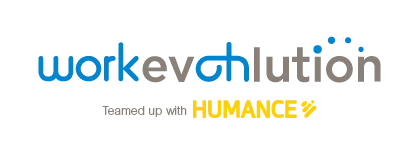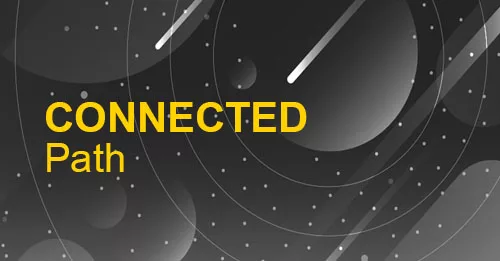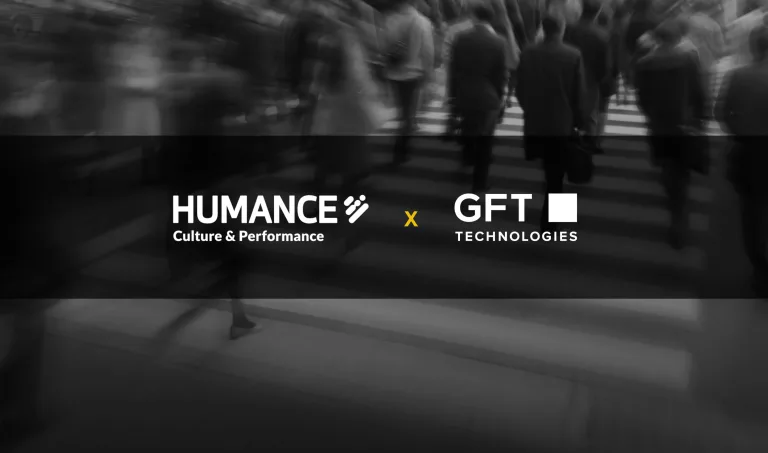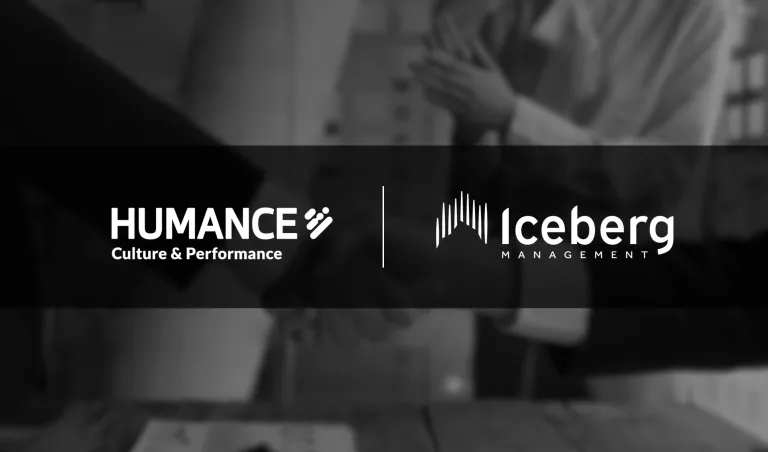Organizations are finding themselves seeing the light at the end of the pandemic, and now it’s decision-time. Leaders are asking themselves and each other: how should my post-pandemic workplace look? How has my leadership evolved after such a tumultuous period? How will I need to lead in our future workplace?
Notably, organizations are grappling with whether they should return to the office and the pre-pandemic way of working, or push forward to create a hybrid arrangement for their employees. Most organizations, in order to compete in the war for talent, will opt for the latter.[1]
This is the third and final article in the Work EvOHlution™ Post-Pandemic Leader blog series. Throughout this series, we’ve zeroed in on what we predict to be the critical levers of Post-Pandemic Leadership. While Part 1 looked at post-pandemic organizational culture, and Part 2 explored how to foster inclusion in the hybrid workplace, the final critical lever of Post-Pandemic Leadership is enabling flexibility in the post-pandemic workplace.
Flexibility
Some leaders may mandate that their teams adopt hybrid, remote, or purely office work based upon the leader’s own anecdotal experiences and personal preferences. For example, we all know leaders who have loved the remote work experience resulting from the pandemic, whereas others have loathed it. These differences are based on their unique preferences and personality, and are not necessarily the best work mode for their team members.
According to recent Angus Reid research, 39% of Canadian employees would “roll with it and return to the office” if their employer demanded a return. While 44% would either quit and start looking for a new job immediately, or go back to the office while possibly looking for a new job.[2] These numbers show how varied individual preferences are, but that flexibility is a key value for many. Leaders must keep this wide range of preferences in mind when curating their workplace arrangement.
Further, according to a Deloitte survey of 1,000 white-collar U.S. professionals, 94% of professionals say they would benefit from work flexibility, with the main advantages being mental health benefits, and better work-life integration.[3] Although, many (80%) still agree that working in the office is important for their career. Again, a combination of office and home settings is key. Lastly, more than half of respondents (52%) believe leaders and managers have the greatest impact on advancing the culture of flexibility in their organization.
More than half of respondents (52%) believe leaders and managers have the greatest impact on advancing the culture of flexibility in their organization.
Rather than leaders imposing their personal preferences onto their team’s work location, leaders need to use a participative, involvement-based, and job-requirements-based approach. Leaders need to consider all aspects of their employee’s experience, and be much more deliberate and holistic when designing their post-pandemic plan.
Leaders need to consider all aspects of their employee’s experience, and be much more deliberate and holistic when designing their post-pandemic plan.

How many days per week does the employee want to work from home? Is this feasible based on their job requirements, such as:
- data or document security
- privacy
- physical presence for clients or customers
- collaboration
- access to physical or software tools
- any other potential requirements?
What are the communication and coordination demands involved in this person’s role, and can they feasibly be achieved remotely, at least some of the time? These are the types of questions that should guide decisions about the use of hybrid work, rather than a leader’s personal, arbitrary preference or management style. The leader of the future will be flexible, accommodating, and empathetic.
The leader of the future will be flexible, accommodating, and empathetic.
Call to Action
We believe, based on the recent workplace trends and data, that incorporating flexibility into the post-pandemic workplace will be key to attracting and retaining talent. Leaders would be well-served by supporting and enabling a flexible workplace.
What is the best way to help your leaders develop the skills needed to effectively support flexibility in the hybrid workplace? First, leaders should receive feedback on their leadership style and coaching on leader effectiveness in a hybrid world. The Distributed Leader Profiler is a leading psychometric assessment of the traits and skills required for effective Relationships, Flexibility, and Productivity in a hybrid work world. Expert coaching helps leaders understand their strengths and areas for development as they navigate the New World of Work.
Additionally, busy leaders need regular touch points with bite-sized learning opportunities supported by a blending learning environment. The CONNECTED path is based on tried and tested practices organized into Remote Leadership Fundamentals, offering leaders the opportunity to learn and develop cutting-edge skills in only 1 hour per week, over 8 weeks. The knowledge acquired and goals set during this path are applied immediately in the leaders’ day-to-day activities in the hybrid or distributed workplace.

[1] Baker, M. (Jul, 2020). Gartner Survey Reveals 82% of Company Leaders Plan to Allow Employees to Work Remotely Some of the Time. Gartner. Link
[2] Angus Reid (Aug, 2021). Quitting Time? Nearly half who prefer to work from home would look for a new job if forced back post-pandemic. Link
[3] Deloitte (Feb, 2020). Deloitte Survey: Most Professionals Take Advantage of Flexible Work Options Despite Perceived Consequences to Professional Growth. Link
Article originally published by Work EvOHlution™




